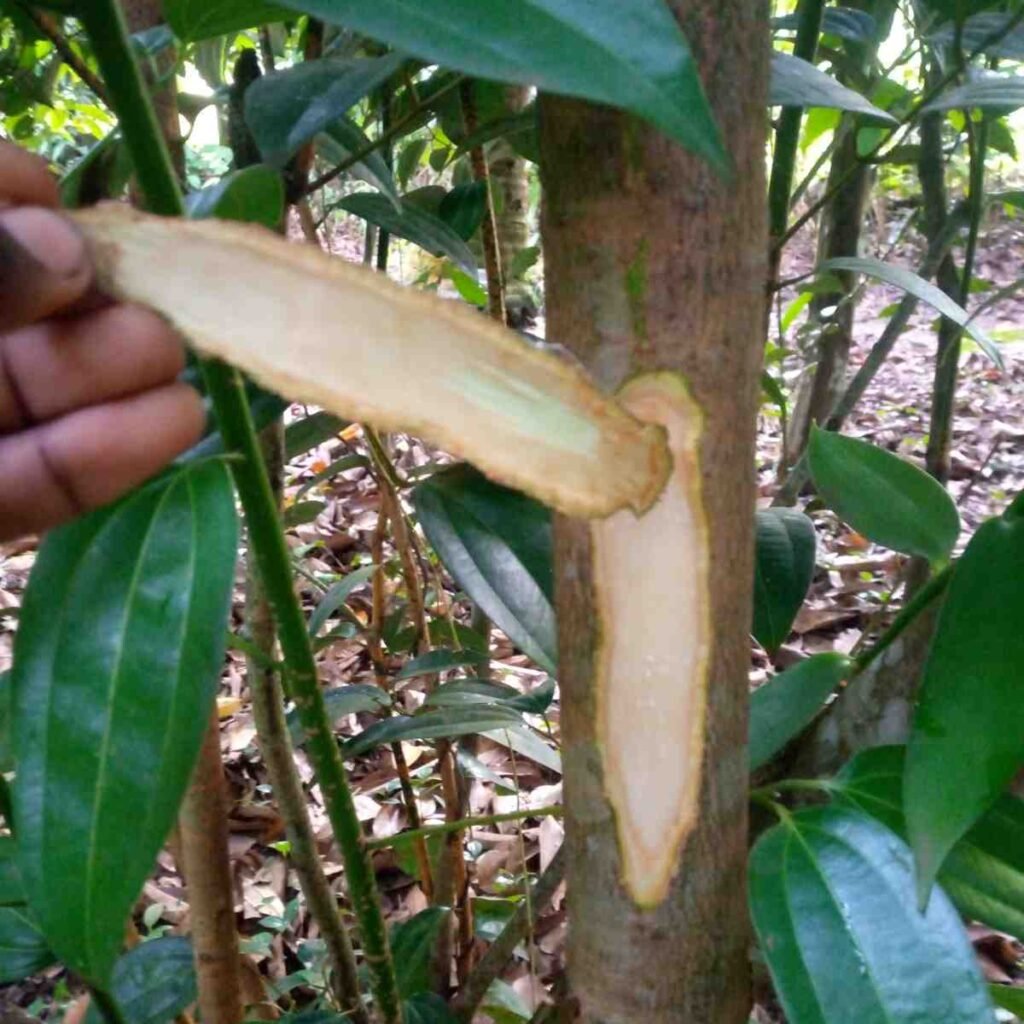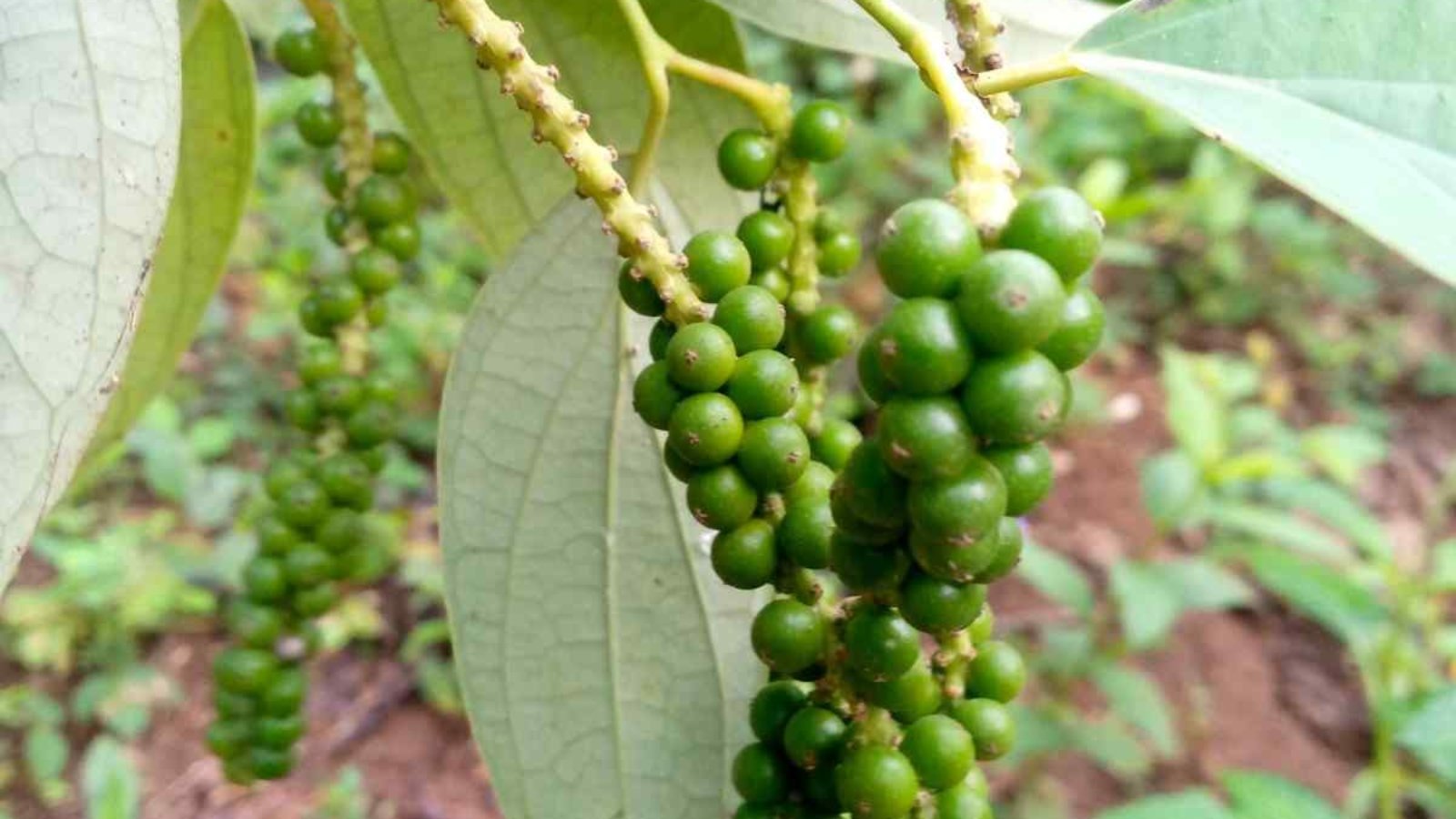Zanzibar, a breathtaking tropical island off the coast of Tanzania, is known for its rich history, stunning beaches, and, most famously, its spices. Known as the “Spice Island,” Zanzibar has earned a global reputation for its unique spice production, which continues to thrive, attracting tourists from around the world to experience its spice farms and learn about the region’s agricultural heritage.
A Rich History Rooted in Spices

The spice industry in Zanzibar dates back to the 19th century when Sultan Seyyid Said introduced cloves to the island. Alongside cloves, the fertile soils soon became home to a variety of spices, including cinnamon, vanilla, cardamom, nutmeg, and black pepper. These spices became an integral part of Zanzibar’s economy, with cloves, in particular, putting the island on the global spice trade map.
Exploring the Spice Farms of Zanzibar
One of the best ways to experience Zanzibar’s spice culture is through a spice tour. Spice farms like Mtausa offer guided tours where visitors can explore the plantations, see spices growing in their natural habitat, and learn about their uses and benefits. During the tours, visitors get to taste fresh-picked spices, enjoy the vibrant aromas, and understand the processes that go into cultivating these valuable plants.
The Impact of Zanzibar’s Spices on Global Cuisine
Zanzibar’s spices have found their way into kitchens around the world, adding unique flavors and aromas to both local and international dishes. Cinnamon, known for its sweet and woody flavor, is often used in baked goods, while cloves and cardamom are popular in Middle Eastern and Indian cuisines. Tourists visiting Zanzibar often take these spices home as souvenirs, allowing the flavors of Zanzibar to travel far and wide.
Why Zanzibar Remains the Spice Capital of East Africa
Zanzibar’s climate, rich soil, and expertise in spice farming make it a prime location for growing high-quality spices. The government and local communities have also embraced spice tourism, which promotes sustainable farming practices and preserves Zanzibar’s agricultural traditions. Today, Zanzibar continues to be a leader in spice production, with its spices celebrated not only for their culinary uses but also for their medicinal and aromatic properties.
Conclusion Zanzibar’s legacy as the “Home of Spices” is one that resonates with history, culture, and flavor. A visit to this beautiful island is incomplete without experiencing its spice farms, where the scents of cinnamon, cloves, and vanilla are part of the island’s unique charm. From historical spice routes to modern culinary delights, Zanzibar is truly the heart of spice heritage.

 Cart is empty
Cart is empty 
Add a Comment